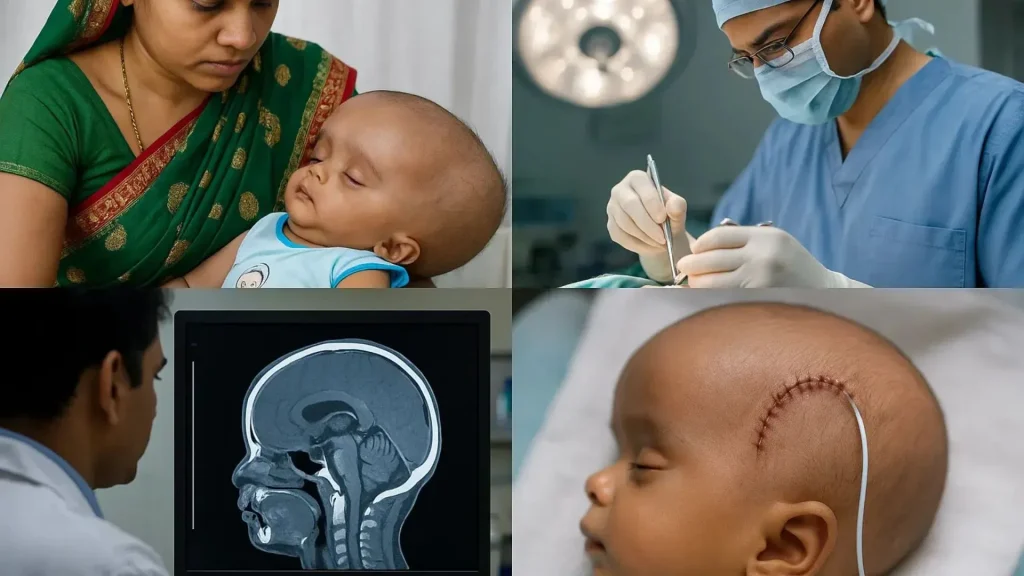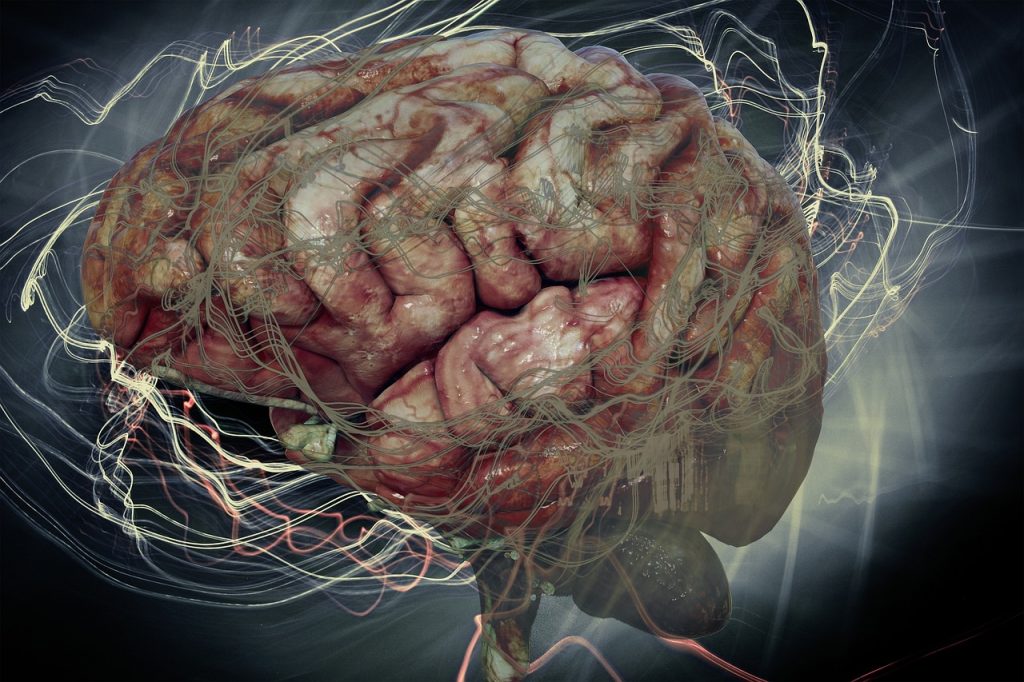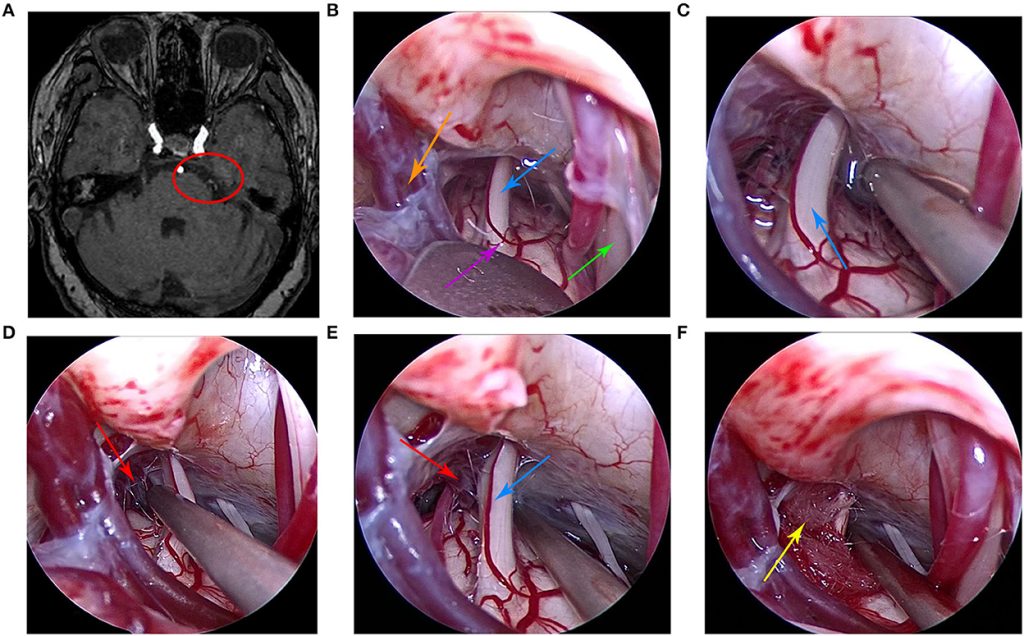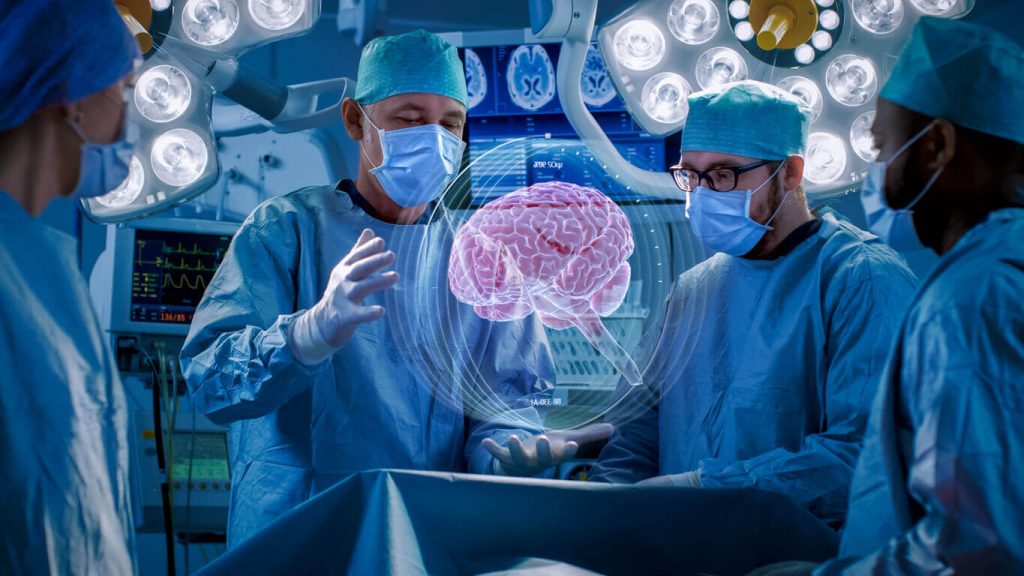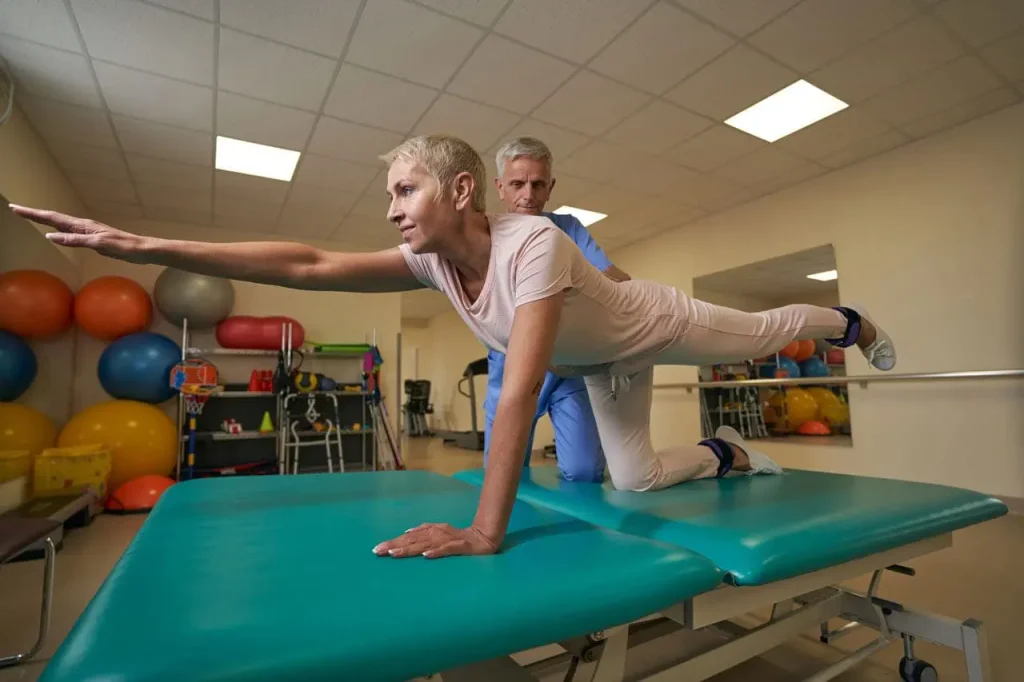Neurosurgeon Specialists
Becoming a neurosurgeon requires extensive education and training. After completing medical school, an aspiring neurosurgeon must spend several years in residency, usually between six and eight years.
Daily Responsibilities and Challenges
The daily life of a neurosurgeon is anything but mundane. They perform intricate surgeries, such as removing brain tumors, treating traumatic brain injuries, and correcting spinal deformities. Each surgery demands a high level of concentration and skill because even the slightest mistake can have severe consequences. However, despite the challenges, the ability to save lives and improve patients’ quality of life makes it incredibly rewarding.
The Impact on Patients’ Lives
Neurosurgeons not only perform surgeries, but also follow patients throughout their recovery process. This continuous care is crucial because post-operative patients often need rehabilitation and monitoring to ensure a successful recovery. The bond established between neurosurgeons and their patients is built on trust, given the nature of the delicate procedures involved. As a result, the emotional and psychological support provided by the neurosurgeon is as vital as the surgical intervention itself.
Technological Advances
Neurosurgery is a field that relies heavily on technology. Over the years, advances such as robotic surgery, minimally invasive techniques and advanced imaging technologies have revolutionized the field. These innovations have not only increased the success rates of surgeries, but also shortened recovery times for patients. For example, minimally invasive procedures cause less trauma to the body, leading to faster and less painful recoveries.
The Importance of in Continuous Learning
The medical field is constantly evolving and neurosurgery is no exception. Neurosurgeons must continue to learn continuously to stay abreast of the latest developments and techniques. This commitment to lifelong learning ensures that they can offer their patients the best possible care. Furthermore, participating in research and contributing to scientific studies allows them to push the boundaries of what is possible in their field.
Collaboration with Other Medical Professionals
Neurosurgeons often work in close collaboration with other medical specialists such as neurologists, radiologists and oncologists. This multidisciplinary approach is essential because it ensures that patients receive comprehensive care. For example, treating a brain tumor may require the combined expertise of a neurosurgeon, an oncologist and a radiation therapist. This collaborative effort significantly improves patient outcomes.
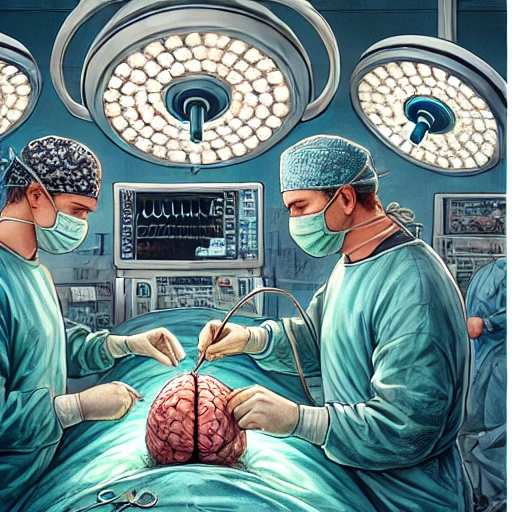
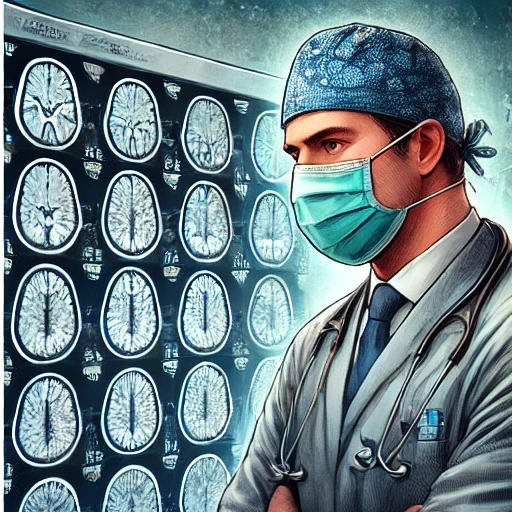
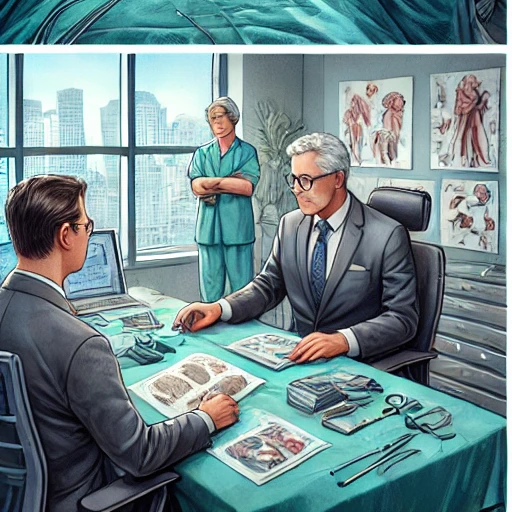
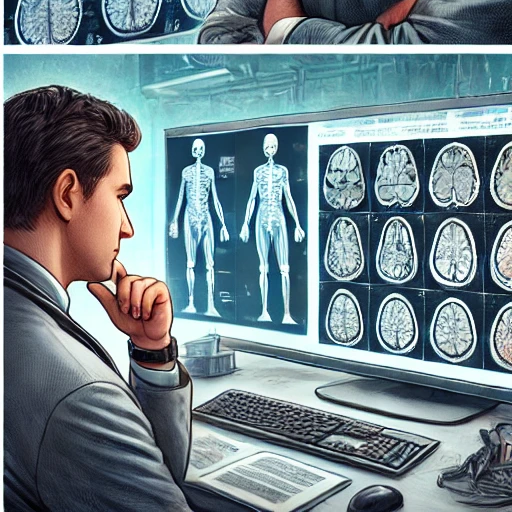
Addressing
Common
Misconceptions
There are several misconceptions about neurosurgery that need to be addressed. One common myth is that all neurosurgeons only perform brain surgeries. While brain surgery is an important part of their work, they also deal with diseases of the spine and peripheral nerves. Another misconception is that neurosurgery is always risky and involves long recovery times. Thanks to technological advances, many neurosurgical procedures are now safer and have faster recovery times.
The Emotional
Toll and Rewards
While the technical aspects of neurosurgery are fascinating, it is also important to recognize the emotional impact it can have on neurosurgeons. Their work is incredibly stressful, as they often deal with life-and-death situations. However, the rewards of their work – seeing a patient walk again, relieving chronic pain or giving someone a new life – is what keeps them going. These moments of success and gratitude make the enormous pressure worth it.
Blog
How Hydrocephalus Is Diagnosed and Treated Safely
Hydrocephalus is often misunderstood because its symptoms feel ordinary at first. Many people dismiss early signs as stress or aging. Families may notice subtle memory changes or walking difficulties. These[…]
Read moreThe Importance of Early Detection in Brain Conditions
Early detection in brain conditions matters more than many people realize, because subtle neurological changes often appear long before symptoms become alarming enough to disrupt daily life, making timely recognition[…]
Read moreWhen Is Surgery Needed for Trigeminal Neuralgia?
Trigeminal neuralgia causes intense facial pain that disrupts daily life, and surgery becomes an option when medications fail, symptoms worsen, or nerve compression creates persistent discomfort that no longer responds[…]
Read moreNeurosurgical Innovations in Stroke Treatment
Stroke treatment often depends on rapid decisions, and modern neurosurgical advances now reshape these decisions by offering patients more precise, safer, and faster options that bring new hope during the[…]
Read morePost-Surgery Physical Therapy for Spine Patients
The first week focuses on protection, circulation, and gentle independence. You learn safe bed mobility using a careful log roll every time. Short hallway walks support lungs, bowels, and clot[…]
Read moreWhat to Expect After Spinal Fusion Surgery
The path following spinal fusion surgery is not a singular, clearly demarcated timeline, but rather a prolonged, multi-stage process demanding meticulous attention to detail and a fundamental shift in daily[…]
Read moreCommon Causes of Chronic Back Pain and How to Treat
The transition of acute, temporary back discomfort into a persistent, chronic state is a complex clinical puzzle, one that rarely yields a single, neat diagnosis. Instead of arising from a[…]
Read moreMinimally Invasive Neurosurgery Explained
The realm of neurosurgery, once dominated by procedures necessitating extensive cranial and spinal incisions, has undergone a profound, technological transformation that fundamentally redefines the scope of intervention within the central[…]
Read moreHow to Manage Pain After Brain or Spine Surgery
Recovering from brain or spine surgery introduces a complex set of challenges, with managing postoperative pain sitting high on the list of patient concerns. The discomfort experienced is not uniform;[…]
Read more
